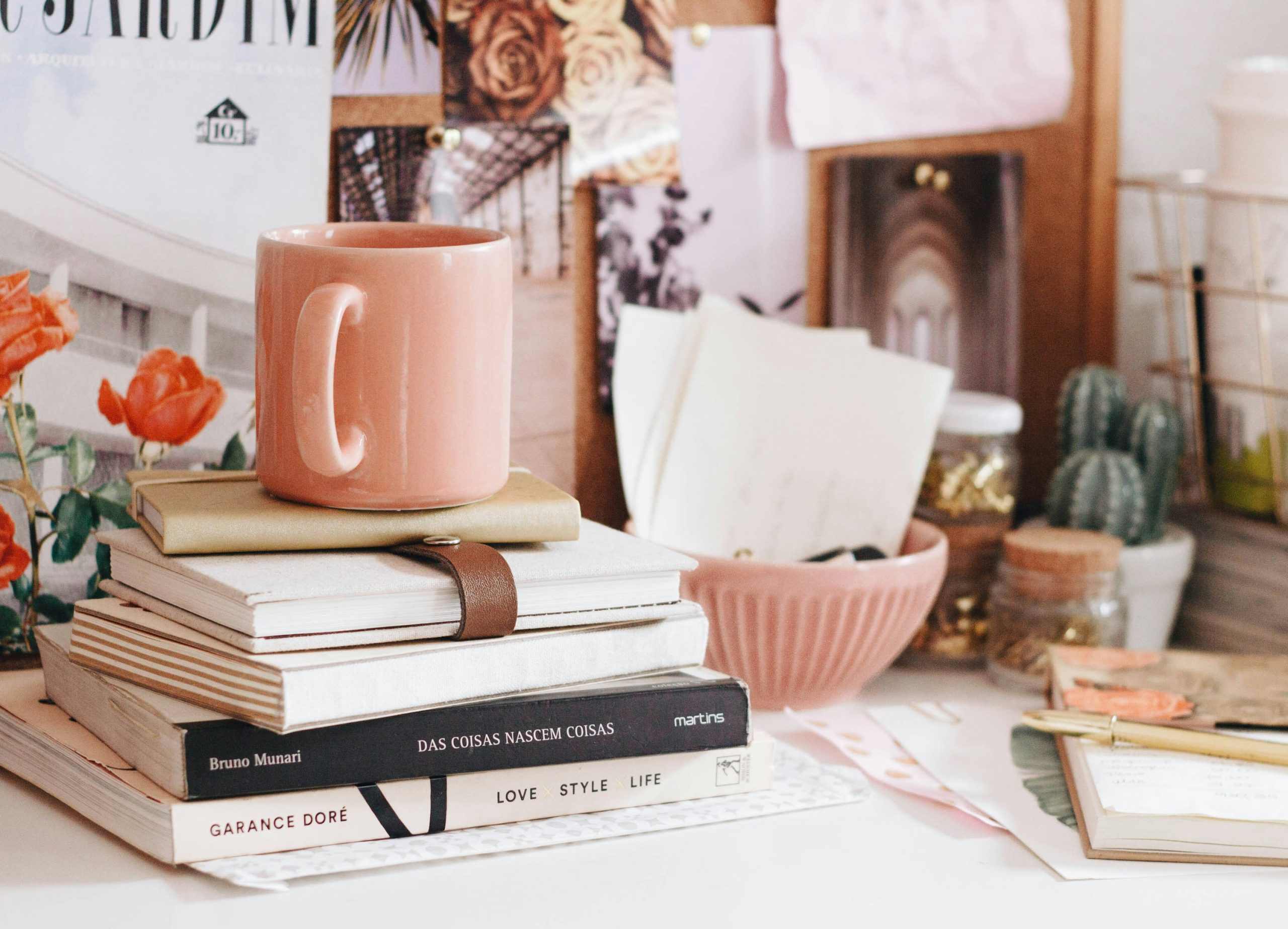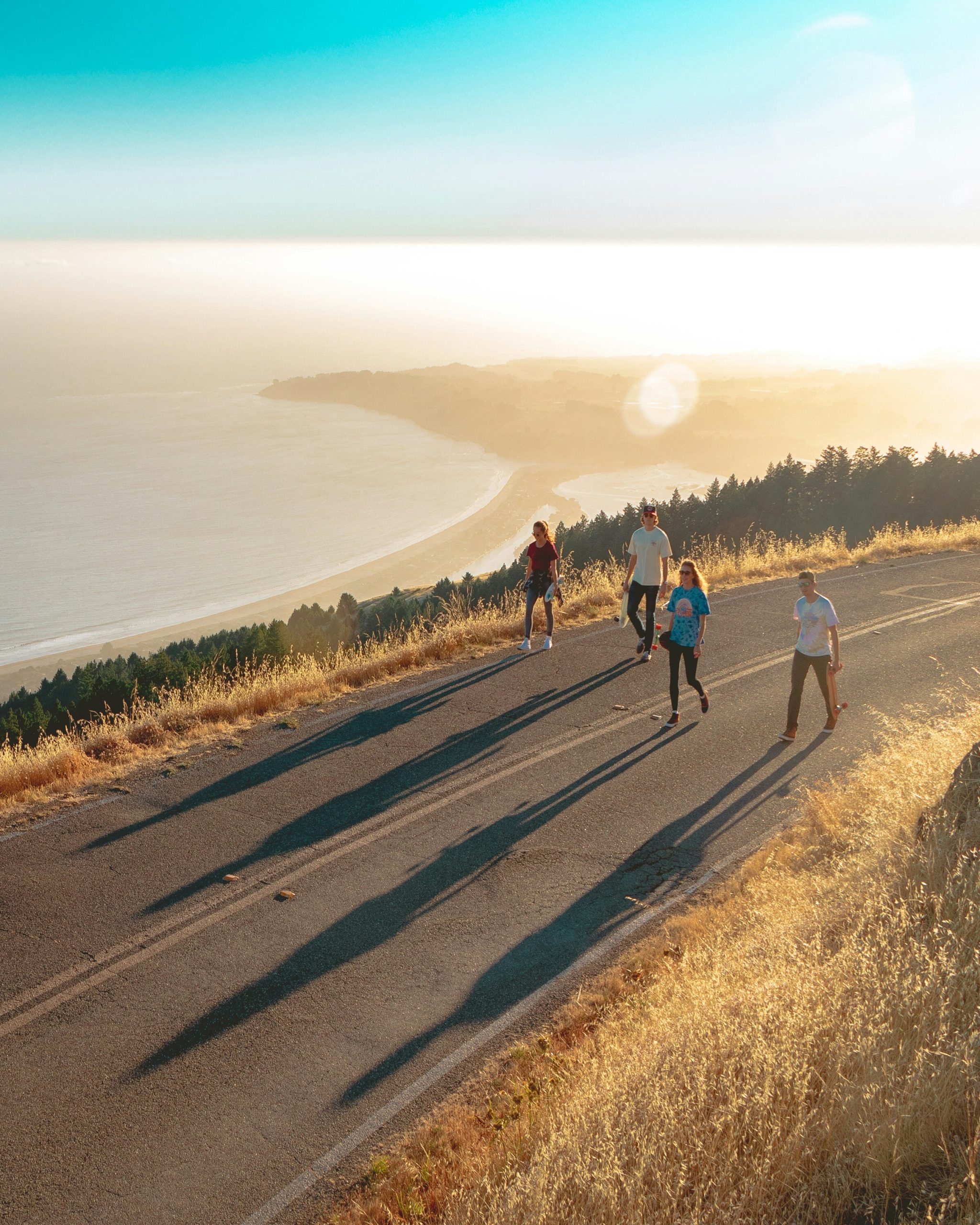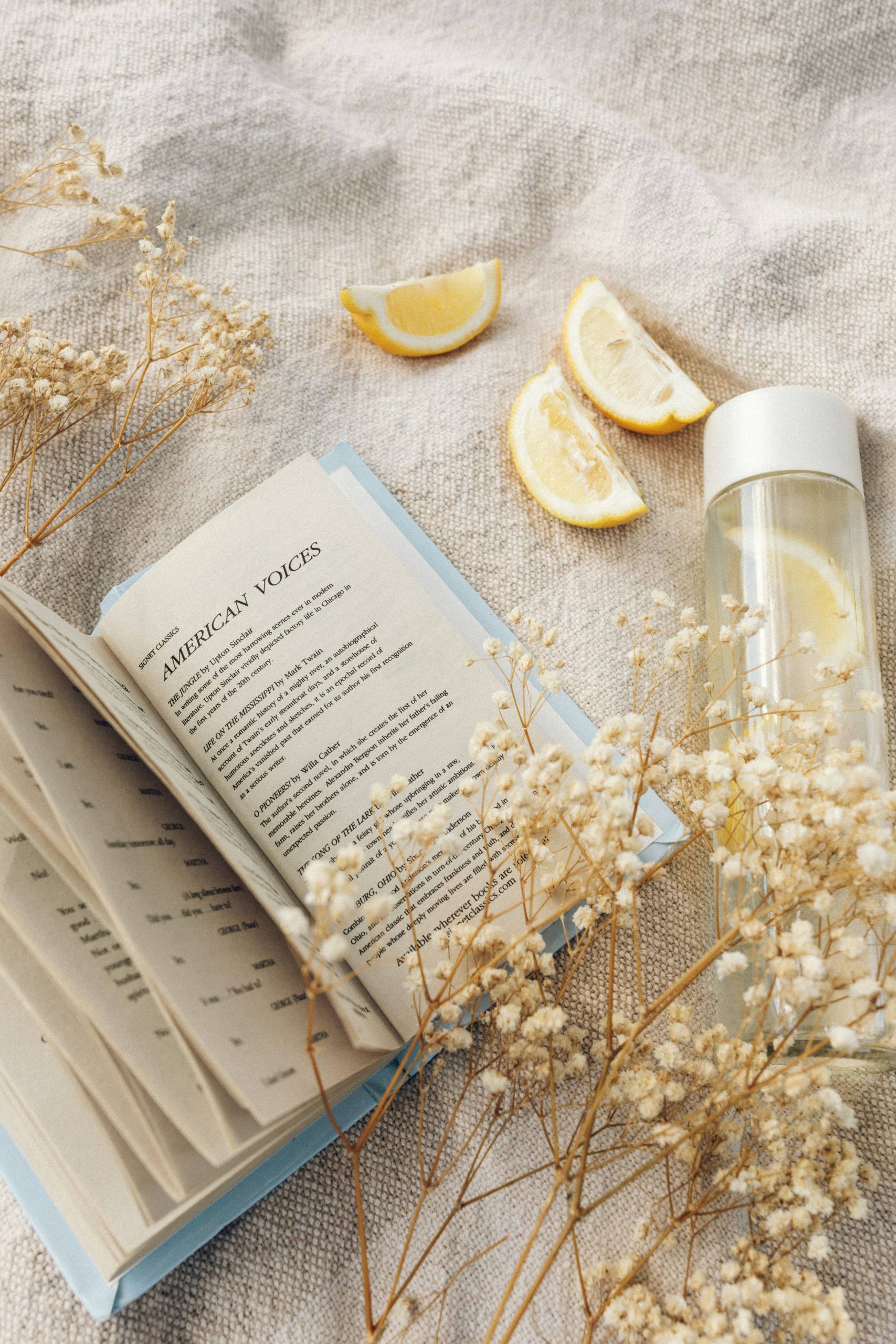Balancing our inflammatory scales in perimenopause – cue ‘Lifestyle hacks’ (aka Lifestyle Medicine)
It’s Menopause month & the theme is ‘Lifestyle Medicine’.
Inflammation & Menopause. Yes, the two are connected.
“Inflammaging” is considered the trigger (not the root cause) of most age, related diseases. Low inflammation is the biggest predicting factor for longevity.
A ‘new’ term – chronic low-grade inflammation develops with age & contributes to age-related disease. It appears within our menopausal transition, yet we’ve already arrived perimenopausal, with low grade inflammation.
The higher the base-line inflammation the worse our menopause symptoms will be.
No surprises, that base-line inflammation is induced by stress, lifestyle & social isolation. Isolation too being a biggie for us in menopause, not withstanding the potential effects for us post pandemic.
Stress steals pregnenolone & produces cortisol over the sex hormones.
If cortisol & adrenaline levels are elevated, cue inflammation affecting our midlife immunity, sleep, weight, mood, blood pressure amongst other things.
So, lowering our inflammation in midlife is key for aging, cognitive health & quality of life.
Oestrogen is our anti- inflammatory. When it drops, low grade inflammation (LGI) can be elevated and take our menopausal symptoms to a higher level. Inflammatory factors deplete oestrogen.
Healthy life in menopause suppressed inflammation, maintains physical & mental health & creates a higher quality of life.
So, how can we address this to lower inflammation in the body, It’s a holistic picture – yes, we can put oestrogen into our system – aka HRT, (if no contraindications for you, you want to versus a natural route) yet it’s not a panacea & just one piece of the jigsaw.
We can restore & re-set in midlife to re-balance our autonomic nervous system.
We can adopt behavioural strategies that aim to activate our parasympathetic nervous system (our ‘Rest & Digest’ mode).

So, cue lifestyle hacks – our own lifestyle medicine – ways to best balance the inflammatory scales activate our parasympathetic nervous system & switch off our sympathetic response – aka the ‘gas pedal’ fight, flight freeze response.
These hacks are common knowledge, yet we can find them harder to put into play.
Inflammation up:
-Poor sleep
-Poor nutrition
-Excess sugar & alcohol
-High BMI
-Sedentary lifestyle
-Social isolation
-Stress
Inflammation down:
Sleep:
Getting sufficient sleep is important for our overall physical health and emotional well-being. Having a regular sleep routine and creating a comfortable sleep environment can help promote better sleep.
– Wake up (an anchor time) and go to bed at approximately the same time.
– Look to gain light exposure – daylight or artificial light (former is better, if you can), within 15-30 minutes of waking up
– Dim the lights at least 2 hours before bedtime. Avoid/restrict those blue emitting devices.
– Avoid turning on the lights between 10pm & 4 am as it will repress your production of melatonin.
– Have A bedtime routine – wind down at least 30 minutes before going to sleep.
– A warm bath or shower before bed
– Ensure the bedroom is cool space – our body needs to cool by 1-2 Celsius to sleep
– A dark(ish) room, as light will suppress our production of melatonin.
– A quiet and uncluttered space
Active lifestyle:
Movement:
Regular exercise can help reduce menopause symptoms, including hot flashes, mood changes, and sleep disturbances. We’re talking regular weight bearing/strength-based resistance exercise, walking & stretching – yoga is good for this, as is qigong. Helps with muscle aches & pains as well as looking after our bone health.
Balanced diet: (omega fatty acid, probiotic, prebiotic, antioxidants & polyphenols)
Eating a well-balanced diet that includes plenty of fruits, vegetables, whole grains, protein, and healthy fats can help minimise symptoms such as hot flashes, mood changes, and weight gain.
Being in nature:
Being in a ‘green space’ helps to reduce our blood pressure, reduces the risk of Type 2 diabetes, cardiovascular disease & our stress & anxiety.
Research suggests getting outside improves our sleep, immune function, our mood, self-confidence & wellbeing. In midlife too, it produces those feel-good endorphins, helps to ground ourselves, provides an injection of vitamin D, if we can get out within the first hour of waking up with the benefits of movement with exercise too! Getting those steps in….

Connection:
Menopause can be lonely. Cue happiness hacks to support us in connecting to ourselves, pets, family, friends & our local communities.
Laughter:
Have a good giggle with a friend or put on your favourite comedy.
Hot/cold exposure:
Saunas or hot baths on the ‘heat’ front & cold showers or cold-water swimming on the ‘cold’ front.
Sauna or hot baths impact body temperature, metabolism, heart health, hormone production, exercise recovery, cognition, mood, and longevity. Leading to growth hormone releases, reduction in cortisol levels & improves depression.
And for cold exposure – showers or immersion enhances mental health, physical health, increases sympathetic nervous activation (stresses the body) but in the event boosts metabolism, reduces inflammation and leads to improvement in attention, mood & cognitive focus.
Stress relievers:
What are yours? Self-care takes so many different forms. Find out what suits you to alleviate your stress. Could be social, spiritual, psychical and/or work related. The choice is yours.
Meditation
This is all about being present. It doesn’t have to be about sitting or lying down to listen to a meditation (although it can be). Here’s a great link to meditations by Tara Brach: https://www.tarabrach.com/guided-meditations/
Every considered yoga nigra? Yoga Nigra is stretching as well as relaxation. Being present in our body and noticing the messages our bodies are sending us – noting where any tension maybe held in our body. For me, it tends to be in my stomach & gut. I really like Ayla Nova on Spotify.

And not forgetting too – having a passion in midlife
Passion fuels purpose. Exploring new interests can spark joy and engagement. You can use journaling (e.g., Morning Pages from The Artist’s Way) to gain insight. Engage in joyful activities– Trying new hobbies, exploring flow states. Build habits that enhance appreciation – daily gratitude.
- Purpose doesn’t have to be grand – small moments of joy and meaning add up. Aligning passions, values, and contributions creates a fulfilling life.
So how can I help YOU:
I work with the EMBERS® model, a Menopause-Informed Psychological Care framework aims to educate, validate, and empower women to implement strategies to regain control over their life, body, and mind during the menopausal transition and beyond. It’s a comprehensive therapeutic approach integrating an understanding of the physiological, emotional & psychological changes us ladies, experience during menopause, while also considering the broader context of your lives. This approach not only addresses symptoms but also considers factors such as physical & mental health status, relationships, work, & life stressors.


